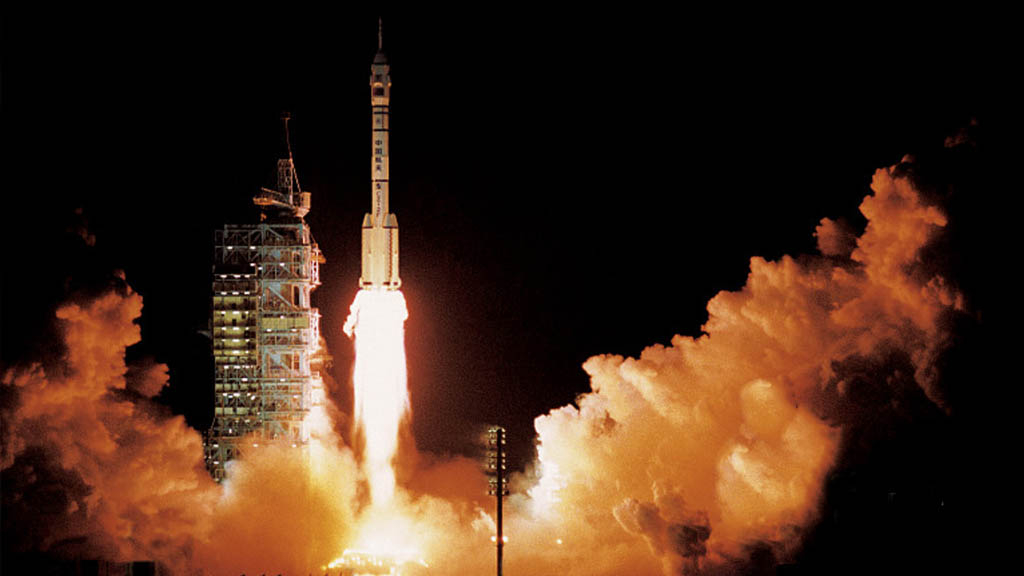Hold on to your hats, space enthusiasts! China is once again pushing the boundaries of space exploration with the announcement of the Shenzhou-20 crew. Veterans Chen Dong, Chen Zhongrui, and Wang Jie are gearing up for this ambitious mission. But here’s the kicker – Chen Dong, a seasoned astronaut, is back as commander, two years after his previous command.

Photo source:www.amp.koreatimes.co.kr
This isn’t just another flight; it signals a clear message to the world: China’s commitment to space is unwavering, and they are building a solid team of experienced professionals. This choice of commander demonstrates both confidence in Chen Dong’s capabilities and a strategy of continuity and reliability.
Let’s dive a little deeper into why this matters. The Shenzhou program isn’t just about reaching space; it’s about establishing a permanent presence. Continuous manned missions are crucial for long-term research and building the infrastructure for a future Chinese space station.
Interestingly, the frequent crew rotations and reuse of experienced astronauts like Chen Dong are becoming a hallmark of the program. This differs from some other space programs which emphasize sending a larger number of individual astronauts.
Here’s a bit of background on the importance of manned spaceflight:
Manned missions enable complex scientific experiments that robots simply cannot handle. Astronauts can adapt to unforeseen challenges and make real-time decisions.
The psychological impact of continuous human presence in space is significant. It fosters innovation and inspires a new generation of scientists and engineers.
Furthermore, ample data is gathered during manned missions, improving spacecraft designs and optimizing operational procedures. This is a vital feedback loop for advancement.
The selection of experienced astronauts streamlines training and minimizes risks. Their expertise is invaluable during critical phases of a mission.
Finally, showcasing these missions bolsters national pride and demonstrates technological prowess on the global stage. It is important for China’s long-term strategic goals.






